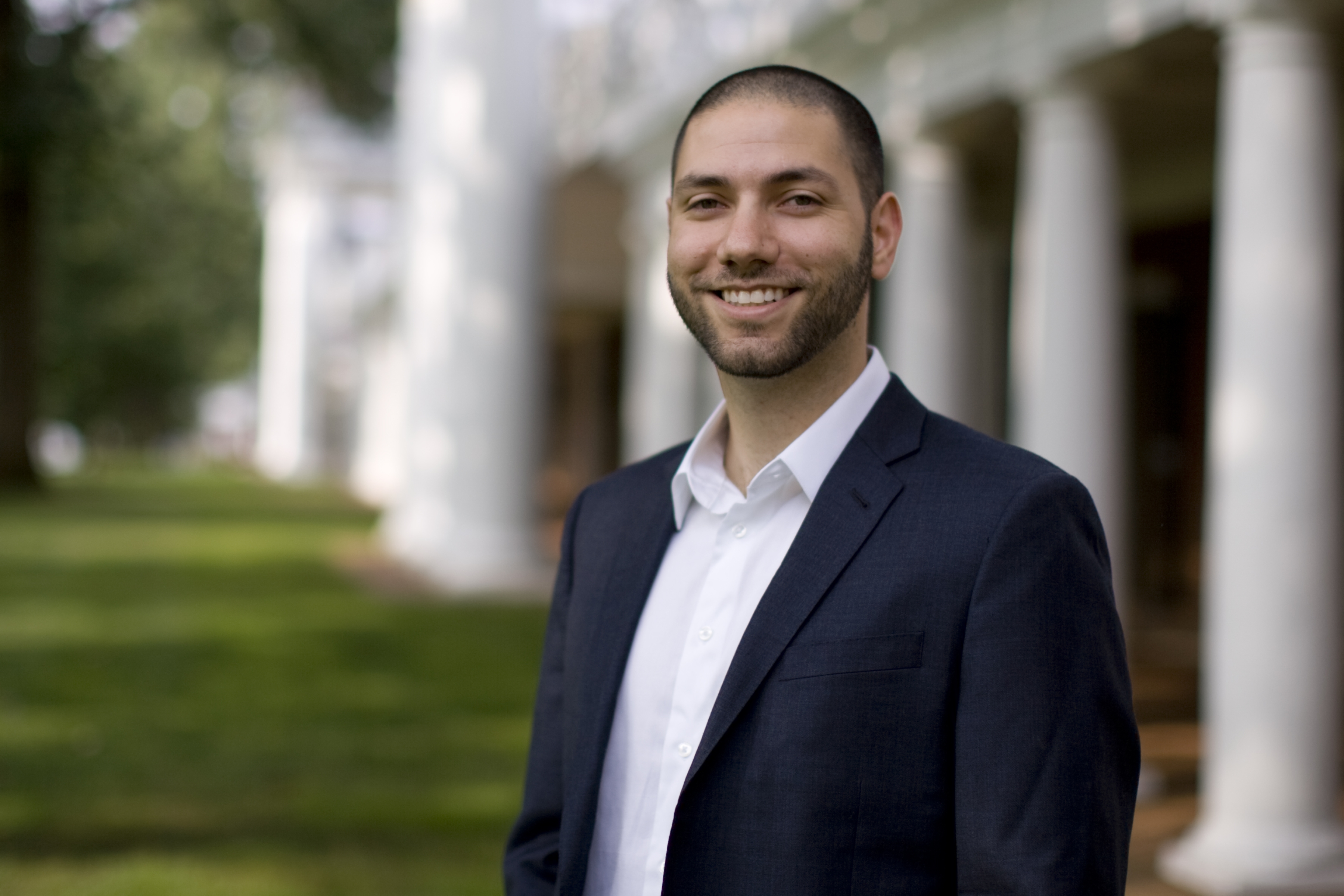For many events in life – like applying for jobs, waiting for medical test results or supporting a candidate on election day – there comes a point when we have done all we can and the outcome is out of our control.
Or maybe not, if the universe is just.
New research finds that at those times when we face uncontrollable outcomes, we often act as though we can still get on the good side of fate by doing good deeds, with the implicit expectation that the universe will return the favor.
The research, led by Benjamin Converse, assistant professor of public policy and psychology at the University of Virginia's Frank Batten School of Leadership and Public Policy, refers to this phenomenon as "investing in karma," with karma used in the colloquial Western sense: the general tenet that "the universe" punishes sins and rewards virtue. This "immanent justice" reasoning underlies well-worn aphorisms like "you reap what you sow," "you get what you deserve" and "what goes around comes around."
Intuitive belief in this general tenet may be rooted in the social expectation that institutions will punish criminals and reward benefactors, and that individuals will reciprocate cruel and kind behavior, notes the study, "Investing in Karma: When Wanting Promotes Helping," published online this month in Psychological Science, a journal of the Association for Psychological Science.
The research, Converse said, was inspired by the type of internal deal making that many people do when facing a disaster or dilemma: "If I can just get out of this, I promise to be a good person!" He and two colleagues wondered if this deal-making might be part of a more general phenomenon.
"Everyone is familiar with the basics of reciprocity, the idea that if you scratch my back, I'll scratch yours. We wondered if people think this way even when they aren't dealing with another person at all, but rather with 'the universe' – whatever that means to someone: a controlling God, fate, or just chance," Converse said.
Specifically, they hypothesized that people would be more likely to help others when facing important but uncontrollable life outcomes.
Converse and co-authors Jane Risen and Travis Carter of the Booth School of Business at the University of Chicago found support for that hypothesis in four related experiments.
In the first experiment, the researchers primed 95 participants with thoughts of uncontrollable outcomes, asking them to write about an important, unknown outcome they were currently awaiting, such as the results of a medical test or job interview. Other participants simply wrote about their daily routine. After the study was supposedly over, participants were asked if they would volunteer to participate in additional work for the lab, and thereby earn money for a charity.
As expected, those who reflected on important uncontrollable unknowns were more likely to volunteer their time to benefit charities. Furthermore, participants in the priming condition were not more likely to volunteer their time for a second task if it was described as "entertaining" and "fun" rather than benefitting charities, which suggests the helping behavior was not related to general agreeableness, a desire for distraction, or an attempt to boost mood. The results suggest that the participants volunteered specifically as way of investing in karma, Converse said.
In a second experiment, participants who reflected on an uncontrollable outcome were more likely to make a monetary donation than participants who thought about a controllable unresolved personal dilemma or those who thought about a mundane personal preference, such as whether they wanted to eat a burger or a pizza. In tandem with the first experiment, this suggests that a lack of outcome control is necessary to stimulate karmic investment, Converse said.
Following these two experiments, he and his co-authors wanted to see if their findings would hold up in a real-world situation.
In a third experiment, the research team gave two different surveys to 77 job fair attendees, priming half to think about aspects of the job hunt that were outside their control (such as whether new jobs will open up), while the other half were primed to think about aspects within their control (such as learning about the industry). Afterward, all 77 were told of a potential lottery prize of $100, and asked if they would want to pledge any of the potential winnings to a charity. The former group pledged to donate more of the potential winnings.
In a fourth experiment at a separate job fair, 327 attendees were divided into the same two priming conditions, using the same two surveys. They were then asked to complete another one-minute survey that would add $50 to the existing $100 lottery prize. For half of the participants, the extra $50 would benefit a charity, while the other half of participants would keep the extra reward for themselves.
Once again, the results supported the hypothesis that people widely believe (implicitly) in karmic investment. Consistent with the idea of a karmic investment, participants primed to think the job search was out of their hands and whose $50 would benefit a charity were the most optimistic about finding a job.
Investing in karma may be a positive way of coping with the unpleasant sense that events are out of our control, Converse said. Understanding the conditions that promote this behavior could be a powerful tool for leaders to inspire dedication to the greater good of an organization or community.
"Even if people don't actually believe in karma, they may still have an intuitive sense that good things happen to good people," Converse said. "If that intuition moves us to donate to a good cause and makes us a little more optimistic in the meantime, that seems like a good thing."
– by Brevy Cannon
Media Contact
Article Information
July 13, 2012
/content/study-people-invest-karma-when-facing-uncontrollable-events

